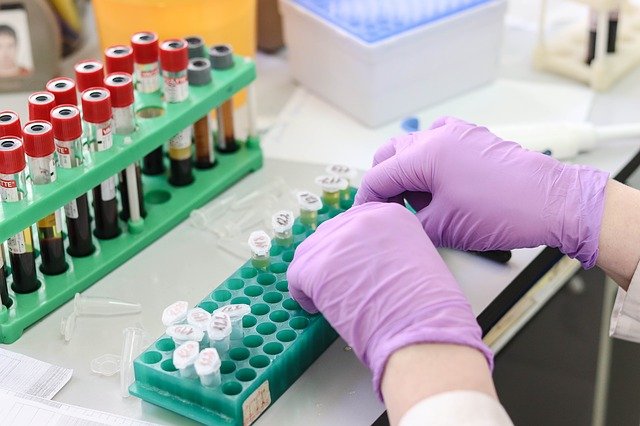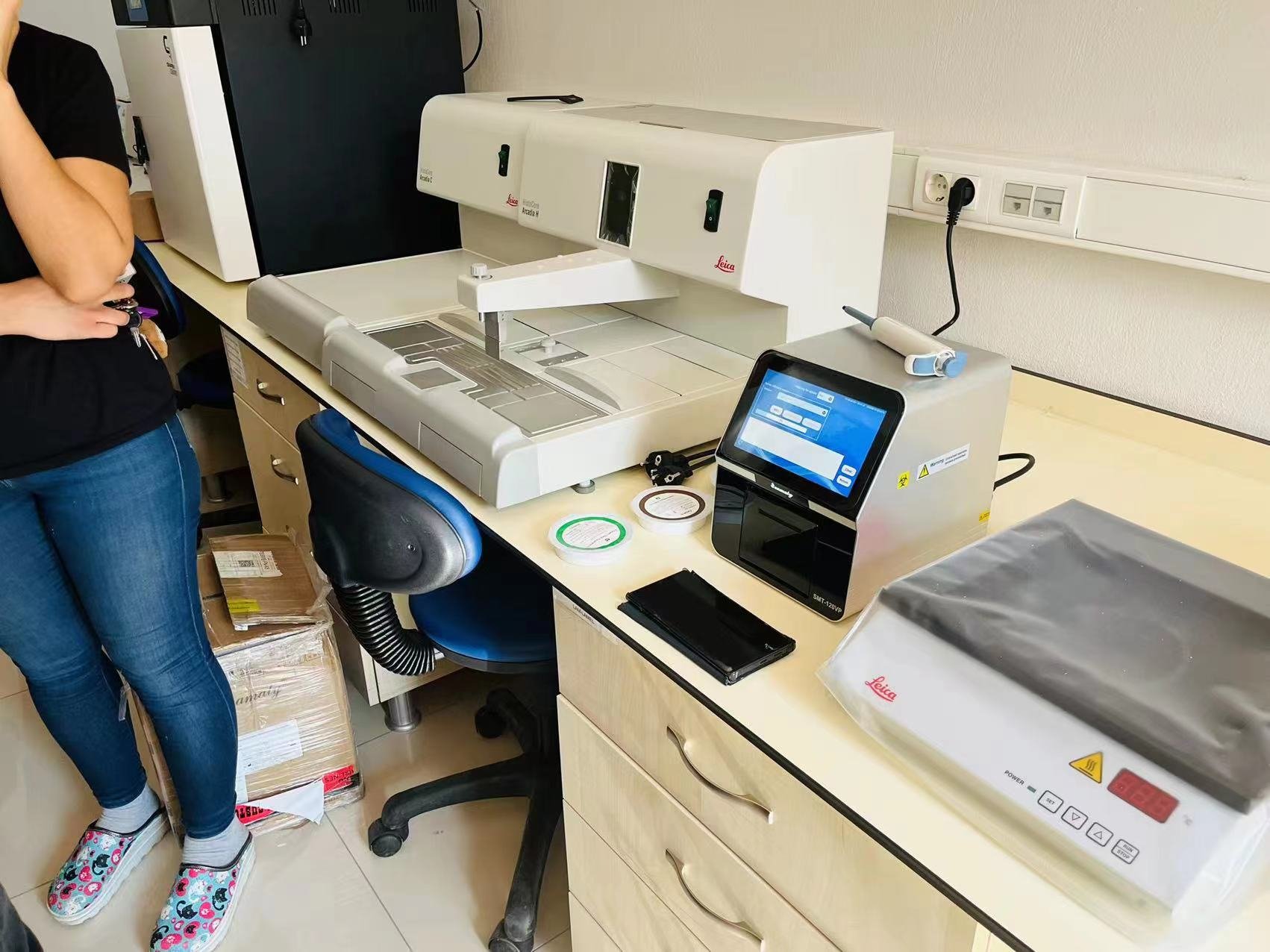Doctors often request laboratory blood tests to help diagnose an illness or condition. These tests can provide valuable information about a person's health. There are many different types of laboratory blood tests, and each one has its own purpose. In this blog post, we will discuss the most common types of laboratory blood tests and what they can tell doctors about a person's health. We will also explore how these tests are used to diagnose illnesses and conditions. Stay tuned for more information on laboratory blood tests!

1. What are laboratory blood tests and what do they test for?
Laboratory blood tests are a type of medical test that is typically performed in order to diagnose or monitor a wide variety of medical conditions. The specific tests that are ordered will depend on the individual's symptoms and medical history, but they can generally be divided into three main categories:
blood count tests,
chemistry tests, and special coagulation tests. Blood count tests assess the number and types of cells in the blood, while chemistry tests measure the levels of various chemicals and enzymes. Special coagulation tests are used to assess the clotting time of the blood. In most cases, laboratory blood tests are relatively quick and painless, and can provide vital information about a person's health.
2. How should you prepare for a laboratory blood test appointment?
It is important to fast for at least 12 hours before a laboratory blood test. This means that you should not eat or drink anything, except for water, during this time. You should also avoid strenuous physical activity, as this can increase your heart rate and affect the results of the test. If you are taking any medications, please let your doctor know in advance, as some medications can interfere with the results of the test. Please also bring a list of any allergies you have, as well as any current illnesses or conditions. Lastly, be sure to arrive on time for your appointment, as late arrivals may not be able to be accommodated. By following these simple guidelines, you can help ensure that your laboratory blood test is accurate and informative.
3. What happens during a laboratory blood test appointment, and what are the results typically like afterwards?
When you go in for a blood test, a health professional will draw your blood and send it to a laboratory for analysis. The results of your blood test will usually come back within a few days. Your doctor will interpret the results of your blood test and determine whether or not they are normal. If your blood test results are abnormal, your doctor may order additional tests to determine the cause of the abnormality. In most cases, however, the results of a blood test are benign and do not require further medical intervention. Blood tests are a routine part of many people's healthcare, and they can provide valuable information about your health.
4. Are there any risks associated with laboratory blood tests that patients should be aware of before undergoing one themselves or having their children undergo one as well?"
There are certain risks associated with any laboratory blood test, but they are generally minor and rare. The most common risk is bruising or bleeding at the site where the needle was inserted. Other risks include infection, fainting, and feeling dizzy or lightheaded. In very rare cases, more serious complications can occur, such as damage to nerves or arteries, but these are typically only seen when the procedure is not performed properly. Overall, the risks of a laboratory blood test are relatively low, and patients should not hesitate to undergo the test if it is recommended by their doctor.
5. Can I request to have my own personal Laboratory Blood Test Results reviewed by my doctor or other healthcare professional of my choosing?"
If you have received your laboratory blood test results and have questions about what they mean, you can ask your doctor or other healthcare professional to review them with you. It is important to understand that
blood tests are just one tool that doctors use to help diagnose and treat medical conditions. Often, additional tests or information are needed before a diagnosis can be made. If you have concerns about your results, your doctor may order additional blood tests or recommend other diagnostic tests, such as imaging studies. In some cases, your doctor may refer you to a specialist for further evaluation. Ultimately, it is up to you to decide whether or not you would like to have your results reviewed by a healthcare professional. However, doing so can help to ensure that you receive the best possible care.
Conclusion
Laboratory blood tests can provide valuable information about the health of an individual. By understanding the different types of laboratory blood tests and their purposes, people can better understand the results they receive from their doctor. If you are concerned about your health, talk to your doctor about getting a laboratory blood test.



